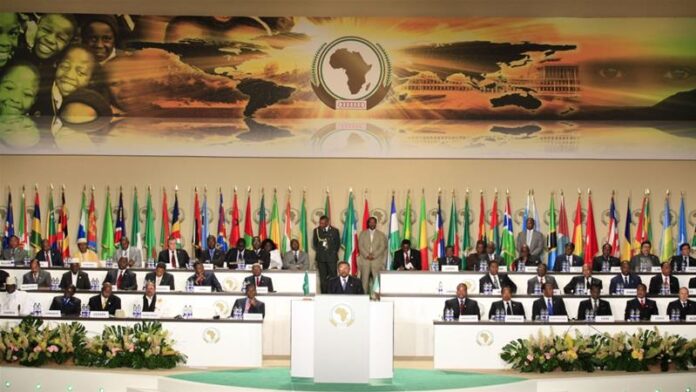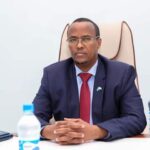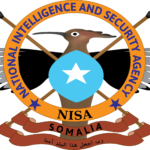ADDIS ABABA, ETHIOPIA — The African Union’s conflict resolution body met on Wednesday amid escalating tensions between Ethiopia and Somalia over a coastline deal and called for “restraint” between the parties.
Landlocked Ethiopia signed a surprise maritime accord with Somalia’s breakaway region of Somaliland on January 1, in a move Mogadishu has rejected as violating international law.
The AU’s Peace and Security Council said it had heard representatives of Ethiopia and Somalia in Addis Ababa and urged the Horn of Africa neighbors to pursue “meaningful dialogue”.
“Council expressed deep concern over the ongoing tension … and its potential adverse impact on peace, security and stability of the region,” a statement said.
The council called on Ethiopia and Somalia “to exercise restraint, de-escalate and engage in meaningful dialogue toward finding a peaceful resolution of the matter.”
Under a memorandum of understanding, Somaliland agreed to lease 20 kilometers (12 miles) of its coast for 50 years to Ethiopia, which indicated it wants to set up a naval base and a commercial port.
Somaliland is a former British protectorate facing the Gulf of Aden that declared independence from Somalia in 1991 but isn’t recognized by the international community.
Somalia vowed to defend its territory by “all legal means” after the deal and appealed to the United Nations and the African Union for urgent meetings.
AU’s security council said it “unequivocally reaffirmed its strong commitment” to preserving the territorial integrity of all member states.
International players that include the United States, European Union, China and the Arab League have called for Somalia’s sovereignty to be respected.
The East African trade bloc Igad said last week it will meet January 18 in Uganda to discuss the tensions between Ethiopia and Somalia.
Somaliland, a territory of about 4.5 million people, has been on a quest for formal statehood for more than three decades, but it remains unrecognized globally, leaving it poor and isolated.
Mogadishu staunchly opposes the independence claim, but in reality, it exercises little authority over the affairs of the region, which has its own government, security forces and currency.
Ethiopia, the second-most populous country in Africa and one of the biggest landlocked nations in the world, was cut off from the coast after Eritrea seceded and declared independence in 1993 following a three-decade war.
Addis Ababa had maintained access to a port in Eritrea until the two countries went to war in 1998; since then, Ethiopia has sent most of its trade through Djibouti.
AFP





